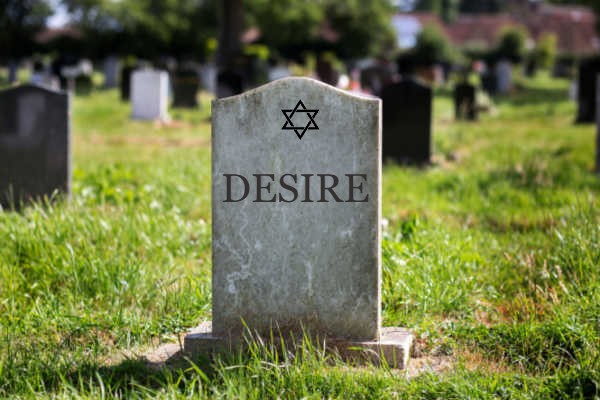Who was Novach, and what kind of place name is “Graves of Desire?”
By Rabbi Ari Enkin, Rabbinic Director, United with Israel
As readers of this column are surely aware (and I will add that this is especially true for members of our weekly webinar program!) the Jews of Israel and the Jews outside of Israel have been reading different Torah portions each week.
Due to an oddity in the Jewish calendar going back to Passover, we have been reading different Torah portions. However, this week, the Jews outside of Israel “catch up” with those of us in Israel by reading a double Torah portion. As such, the Torah portion outside of Israel is “Matot” (Numbers 30:2-32:24) and “Maasei” (Numbers 33:1-6:13) while in Israel we will read only “Maasei” this week.
Maasei concludes the book of Numbers, and together, worldwide Jewry, begins the book of Deuteronomy next week. In honor of the “catch up” I will share thoughts from both Torah portions.
At the end of the portion of “Matot” we read: “And Novach went and captured Kenas and its surrounding villages and he called it “Novach” after his name” (Numbers 32:42). The commentators note that this is essentially a “useless” verse. What do we need it for? Is this some kind of geography lesson?
It is explained that this verse highlights how people, especially powerful leaders, like to erect monuments and statues to honor themselves, and name cities, streets, and places in their honor, as well.
However, the Torah is showing us that place names can be easily changed, and by extension, memories forgotten. Hence, there is little value in having statues and buildings named after oneself. This is exactly what happened to the mysterious Novach.
Do you know where “Novachville” is today? Me neither.
So how should a person ensure that he is remembered and not forgotten? Perform good deeds! A person’s good deeds and positive influence on other people’s lives will ensure that his memory and influence outlive him!
And now a thought from the portion of “Maasei.”
This portion includes a list of 42 stops the Jewish people made on their way to the Promised Land.
And at one point in the list, the Torah states, “And they travelled from Kivrot Hata’ava,” (Number 33:17), which literally means “The Graves of Desire.”
What kind of name is that?
It is explained that by having named this location with this name, the Torah is telling us that we should keep our desires “in check” and not be overly involved with them.
Constant preoccupation with our desires, whether legitimate or problematic, does not lead to anything good, as represented by the word “graves.”
The lesson: We must control our desires and not let our desires control us!
REBUILD ISRAELI FARMS DESTROYED BY HAMAS - PLANT TREES!
ISRAELI FARMERS DESPERATELY NEED YOUR YOUR HELP
Hamas tried to destroy everything. Terrorists murdered 1200 innocent Israelis. Join us in planting 12,000 trees of life to honor the victims. Send blessing to the People and Land of Israel.
“…I will ordain My blessing for you…” (Leviticus 25:4,21)
JOIN OUR CAMPAIGN TO PLANT 12,000 NEW FRUIT TREES ACROSS THE LAND OF ISRAEL!




